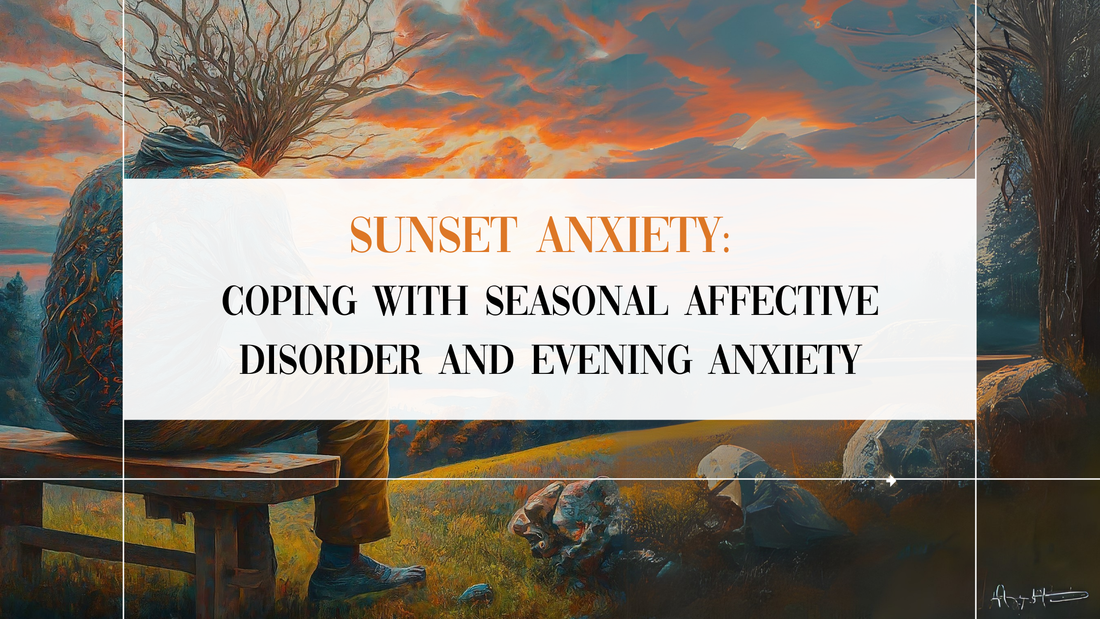
Sunset Anxiety: Coping with Seasonal Affective Disorder and Evening Anxiety
Marc BarthelemyShare
As the sun starts to dip below the horizon, do you find yourself feeling a sense of unease or restlessness? You may be experiencing what is known as sunset anxiety. This phenomenon can affect individuals in different ways, but it is a common experience for many. In this blog post, we will explore the reasons behind sunset anxiety and provide actionable tips on how to overcome it.
What is Sunset Anxiety?
Sunset anxiety is a term used to describe the feelings of anxiety, unease, or sadness that some individuals experience as the day comes to an end. This can be triggered by a variety of factors, including the transition from daylight to darkness, the end of the workday, or the anticipation of the night ahead.
Why Does Sunset Anxiety Occur?
There are several reasons why sunset anxiety may occur. One common explanation is the decrease in natural light, which can impact our circadian rhythms and mood. Additionally, the end of the day can bring about feelings of loneliness, stress, or uncertainty about the future. For some, sunset anxiety may also be linked to the fear of the unknown that the night may bring.
How to Overcome Sunset Anxiety
If you find yourself struggling with sunset anxiety, there are several actionable steps you can take to help alleviate these feelings:
1. Establish a Relaxing Evening Routine
Create a calming evening routine that can help you unwind and prepare for a restful night. This may include activities such as reading, meditating, or taking a warm bath.
2. Practice Mindfulness
Engage in mindfulness practices to stay present and focused on the moment. Mindfulness techniques, such as deep breathing or body scans, can help reduce feelings of anxiety and promote relaxation.
3. Get Moving
Physical activity can be a great way to combat anxiety. Consider going for a walk, practicing yoga, or engaging in a workout to release endorphins and boost your mood.
4. Connect with Others
Reach out to friends or loved ones for support. Connecting with others can provide a sense of comfort and belonging, helping to alleviate feelings of loneliness or isolation.
5. Seek Professional Help
If sunset anxiety is significantly impacting your daily life, consider seeking help from a mental health professional. Therapy or counseling can provide you with the tools and support needed to manage and overcome your anxiety.
By implementing these tips and strategies, you can take proactive steps to overcome sunset anxiety and improve your overall well-being. Remember, it's important to prioritize self-care and seek help when needed. You are not alone in your struggles, and there are resources available to support you on your journey to better mental health.









